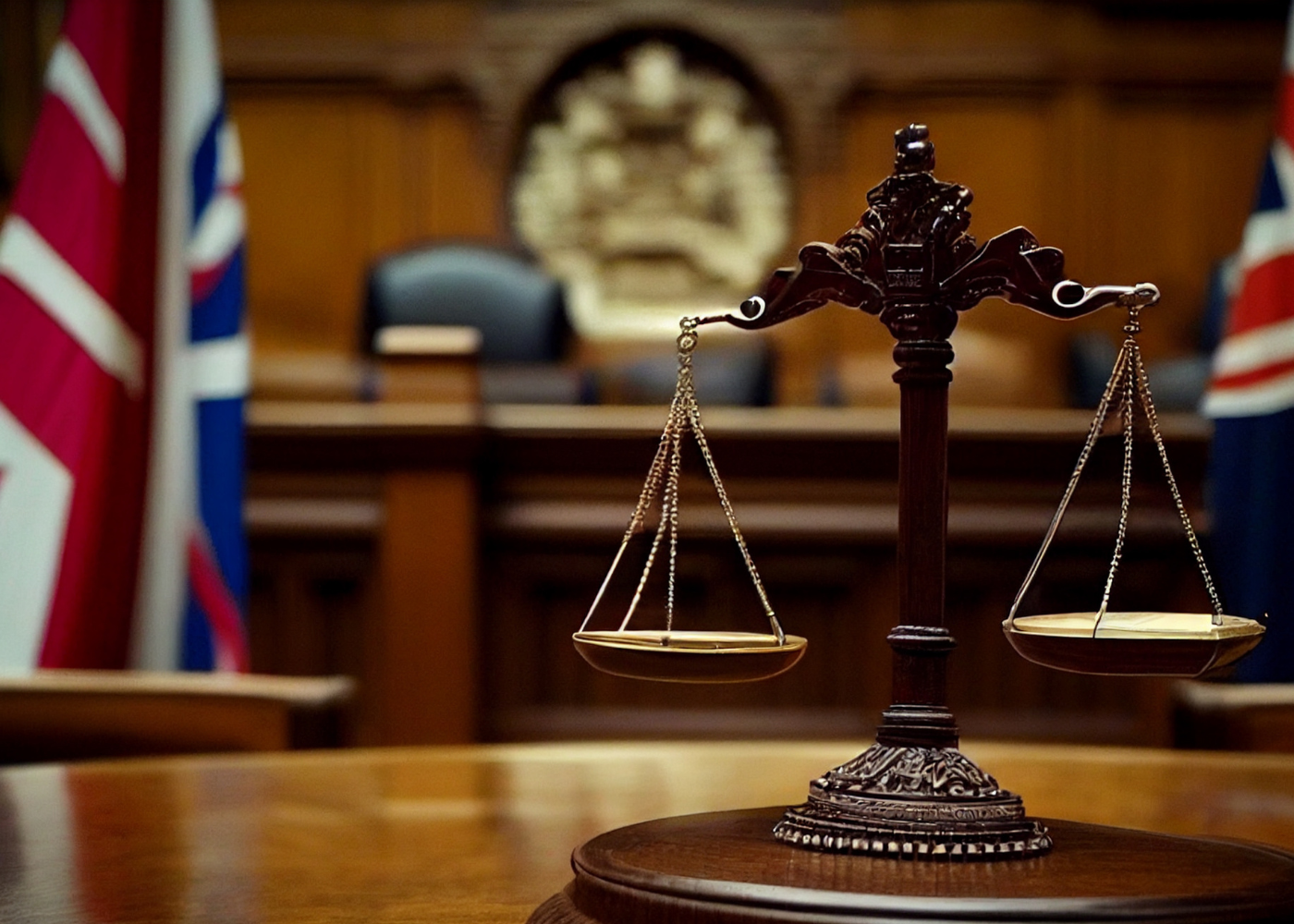Summary of the current position
In July 2025, the UK and France made a returns agreement. This type of agreement sets out how people who move across borders without permission can be sent back, and how each country will handle who they take in return. Under the deal, people who crossed the Channel into Britain could be returned to France. In exchange, France would send to the UK the same number of people with family links in Britain. The agreement was described as reciprocal, but it was quickly challenged in court.
Flights were due to begin in September 2025. Before they went ahead, the High Court considered the case of a 25 year old man from Eritrea. His lawyers said he had been trafficked on his journey through Europe and should be referred to the National Referral Mechanism, the UK system for identifying possible victims of modern slavery. The judge ordered more time to review the evidence and granted an injunction. The scheduled removals under the UK–France returns agreement were stopped.
Soon after, Home Secretary Shabana Mahmood said she would review modern slavery laws. She said some people were using these laws at the last moment to stop being sent back. The government tried to challenge the court order, but the Court of Appeal did not allow it, so the order stayed in place.
Since then, only a few people have been sent back, and some have also been moved from France to the UK under the agreement. The arrangement is operating in part, but it is still being challenged in court.











